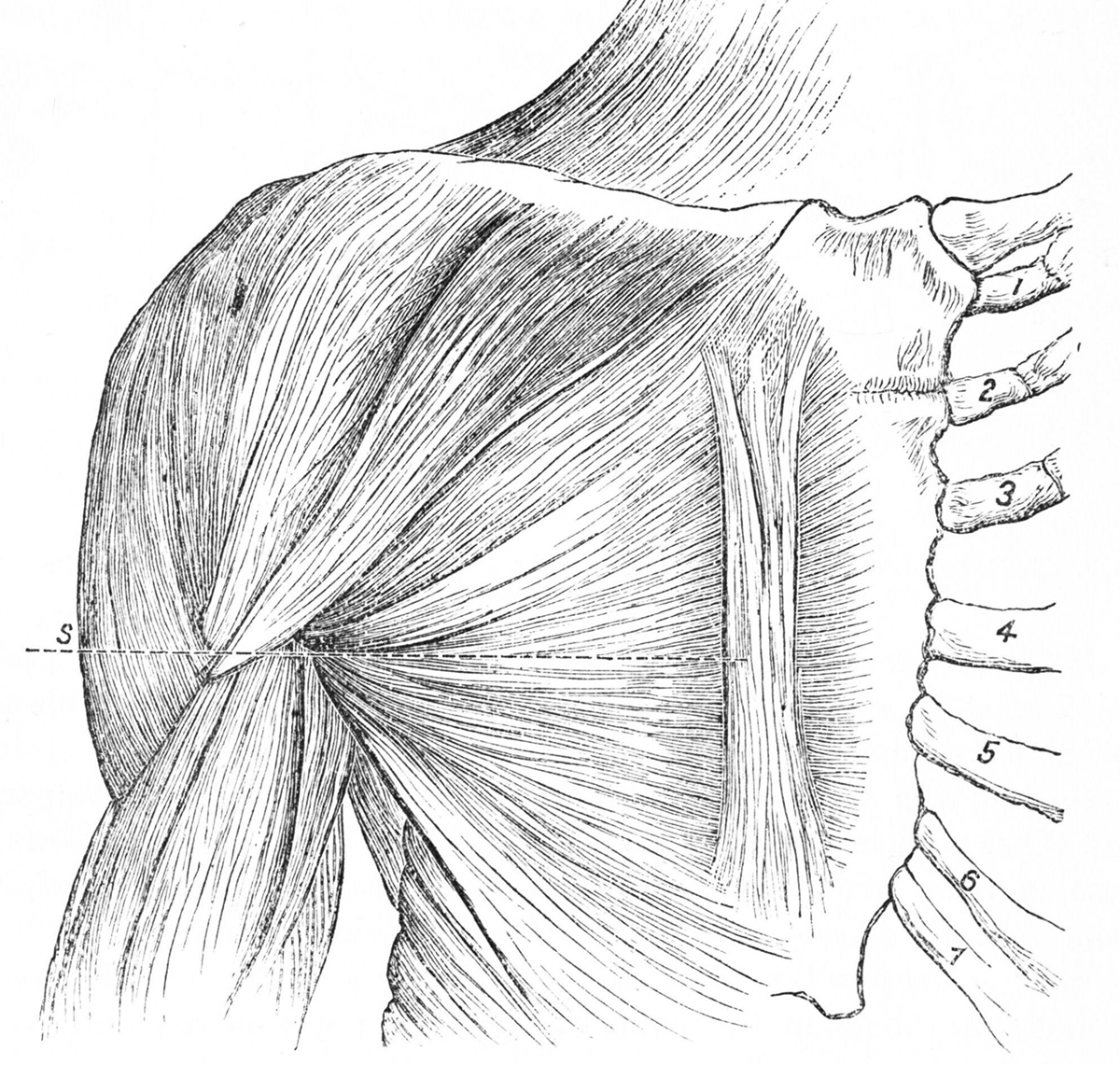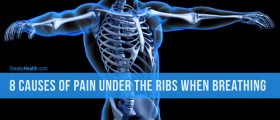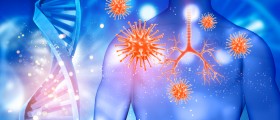
Chest Muscle Pain and Common Causes
Myalgia is a common symptoms of many illnesses. It represents pain in the muscles. Chest myalgia is only one form of muscle pain. It generally affects people who exercise too much and in whom the pain results from the overuse or over-stretching of chest muscles. Furthermore, in some people with no positive anamnestic data regarding trauma, chest muscle pain may be associated with viral infections. If the pain lingers and lasts for a long period of time it may point to the presence of a metabolic myopathy. No matter what the cause of chest muscle pain is it is essential for it to be identified and treated accordingly.
Apart from the previously mentioned, chest muscle pain can also be connected with asthma. In this case, shortness of breath and cough can cause the feeling of sore chest muscles. The pain also occurs in other respiratory conditions which lead to a severe and prolonged cough. In a small number of patients the pain in chest muscles can develop due to the growth of benign or malignant tumors. And finally, chest muscle pain may be a symptom of chronic fatigue syndrome.
It is essential to establish the difference between pain in the chest muscles and the pain in the chest cavity. The second one may point to the serious conditions such as heart attack, pulmonary embolism etc.
Presentation of Chest Muscle Pain
Patients suffering from a chest muscle pain complain about soreness of the affected muscles. The area can be tender to touch and a bit swollen (especially if there is a tear of chest muscles). The pain can occur at rest or it is associated with the change of position. In case the pain is very intense, patients may have breathing difficulties. They also feel weak and tired.
Treatment for Chest Muscle Pain
The treatment depends on the underlying cause of chest muscle pain. Muscle strain and injury to the chest are treated with a plenty of rest and pain killers. If pain occurs due to a metabolic illness such as diabetes, hypo or hyperthyroidism etc one needs to consult a doctor who may change treatment or prescribe additional medications for the pain. Tumors of the chest muscles are treated surgically and depending on the pathohistological exam patients may require additional treatments. And finally, viral infections which cause chest muscle pain are treated with symptomatic treatment and the pain alleviates once the infection subsides. The doctor must be very careful and exclude all possible serious conditions such as heart attack or pulmonary embolism before considering other illnesses as possible causes of a chest muscle pain.















-vs-Trigger-Points-(Myofascial-Pain-Syndrome)_f_280x120.jpg)

Your thoughts on this
Loading...